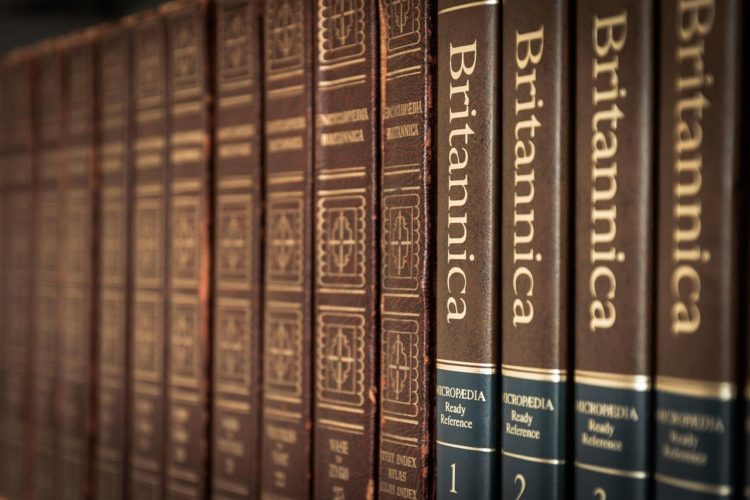
Dec. 10. Encyclopedias. Remember them? Well, Encyclopaedia Britannica remains a source of trusted knowledge for after 250 years, and a newsworthy one at that: They have announced the “Story of the Year for 2020.”
If you guessed the 2020 elections, you’re in the ballpark. If you guessed the Electoral College, you hit a home run.
In terms of top stories and events that impacted the world, Encyclopaedia Britannica says the selection of the Electoral College is entirely data-driven and based on the volume of article views on Britannica.com along with a significant increase in views over the previous year or, in the case of this year’s story, the previous presidential election cycle.
Here’s a rundown of what happens next, courtesy of the National Conference of State Legislatures:
Dec. 14: Meeting of the Electors. The electors meet in each state and cast their ballots for president and vice president. Each elector votes on his or her own ballot and signs it. The ballots are immediately transmitted to various people: one copy goes to the president of the U.S. Senate (who is also the vice president of the United States); this is the copy that will be officially counted later. Other copies go to the state’s secretary of state, the National Archives and Records Administration, and the presiding judge in the district where the electors meet (this serves as a backup copy that would replace the official copy sent to the president of the Senate if it is lost or destroyed).
Dec. 23: Deadline for Receipt of Ballots. The electors’ ballots from all states must be received by the president of the Senate by this date. There is no penalty for missing this deadline.
Jan. 6: Counting of the Electoral Ballots. The U.S. Congress meets in joint session to count the electoral votes.
Jan. 20: Inauguration Day. The president-elect becomes the president of the United States.
Hot topic
The electoral college has been a hot topic during presidential elections, and this year was no exception.
Views for the United States Electoral College Votes by State spiked significantly on Nov. 2, the day Election Day. Interest remained high over the next several days, increasing 31,468% over searches from the 2016 election. As readers looked for more clarity, the article Electoral College increased 16,546% and
“How Does the Electoral College Work?” saw an uptick of 4,568 percent from the last election.
“The electoral votes were the key to understanding who would win the election—the most important election of our times, as many called it—and they’re part of a complicated historical institution that can be difficult to understand,” says Erik Gregersen, senior editor at Encyclopaedia Britannica.
If you’re curious about the curious spelling of Encyclopaedia, click here for an article that explains.



